The Future of Fashion. By RCA Fashion 2017
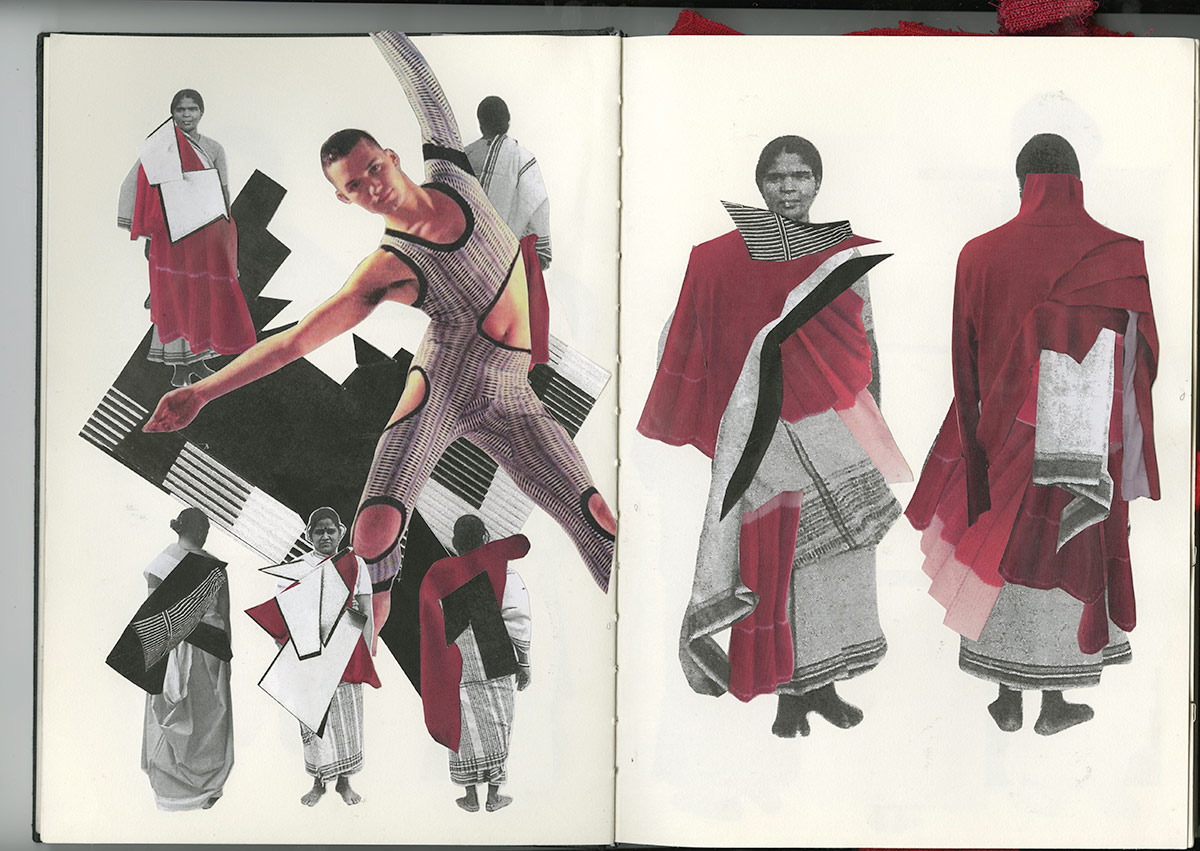 Earlier this year, Li Edelkoort, one of the world’s most respected trend forecasters, gave a provocative talk at the Business of Fashion VOICES, presented excerpts from her Anti-Fashion manifesto, in which she describes a fashion industry that is insular and out-of-date, hopelessly out of sync with the wider world. Her targets ranged from designs that rehashed styles to the unsustainable ethical and environmental practices embedded in the system. Her thoughts are reflected in the words of this year's RCA Fashion MA students. In online portfolios, they muse on a future for fashion in which clothes are cherished and valued, forming intimate connections with their wearers; in which craft and collaboration were celebrated; and in which trends no longer set the agenda. Or, in the words of Per Hansson, "Models on jet hover-boards geared up in neoprene cowboy boots. Fun!" In their talented hands, anything is possible. Vive la Revolution.
Earlier this year, Li Edelkoort, one of the world’s most respected trend forecasters, gave a provocative talk at the Business of Fashion VOICES, presented excerpts from her Anti-Fashion manifesto, in which she describes a fashion industry that is insular and out-of-date, hopelessly out of sync with the wider world. Her targets ranged from designs that rehashed styles to the unsustainable ethical and environmental practices embedded in the system. Her thoughts are reflected in the words of this year's RCA Fashion MA students. In online portfolios, they muse on a future for fashion in which clothes are cherished and valued, forming intimate connections with their wearers; in which craft and collaboration were celebrated; and in which trends no longer set the agenda. Or, in the words of Per Hansson, "Models on jet hover-boards geared up in neoprene cowboy boots. Fun!" In their talented hands, anything is possible. Vive la Revolution.
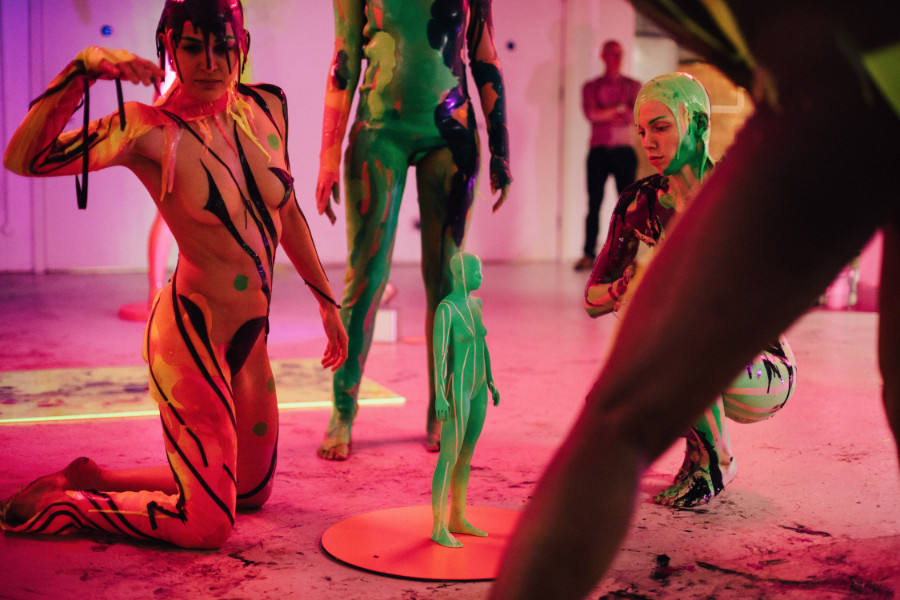
ABBIE STIRRUP: "Squish [the] boredom of high fashion domination. A new definition for ‘fashion’? Needed! I am extremely optimistic that the future of fashion will involve a lot of crazy multi-disciplinary collaborations, becoming smarter, more innovative, more about thought than about product. I believe fashion has a dramatic impact on the world, fashion designers/ artist can use this power to tailor a more open, free thinking brighter world for humans to exist, beyond the clothing we wear."
ALISON HOPE MURRAY: "The future of fashion will alter to include and address a more educated consumer. The mutual respect between the individual and industry will allow for a more sustainable and innovative system that will step away from the circular, repetitive place we are in now."
CAMILLA DAMKJAER: "I hope to see more people collecting and investing in garments, and moving away from seasonal trends. I think it’s important, as consumers, that we start to really appreciate the ideas and craft that sit behind the clothes we wear everyday. Our garments should be transformative in a way they hold memories and traces of our lives."
CATRIONA PRINGLE: "I hope it slows, with the craft of the garments coming to the forefront and being celebrated in their own right."
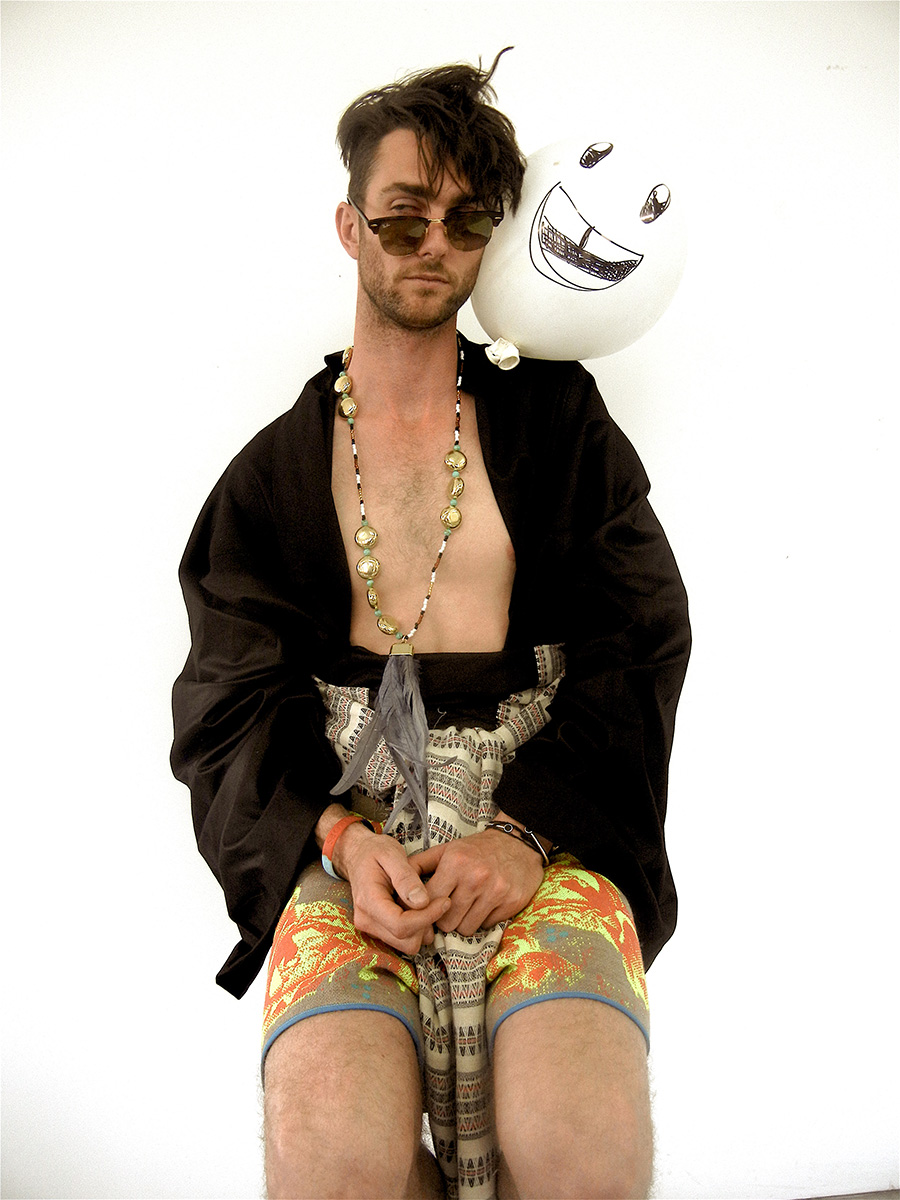
CHARLOTTE MACDONALD: "Innovative construction methods. Using new materials and not being restricted by processes we have known for so long. It’s really about pushing Fashion forward in every sense. Communities. In a post-truth era, it is really imperative we use the resources around us and acknowledge the people who bring us up. This year throughout my collection, I investigated radio frequency welding. The electromagnetic current permanently bonds the fabric layers together using no heat, glue or stitch. This so far has only been used to construct details and is often hidden. In my work I have exposed this process through my garments, and after much sampling and problem solving!"
CHRISTINE KINSON: "I believe in quality over quantity. In the current economic climate, the consumer should be more conscious and buy more carefully, with an emphasis on clothes that are beautifully and creatively made, will last longer and be more personal to them. I hope that a more knowledgeable consumer mindset will encourage the industry to forward into a this positive direction."
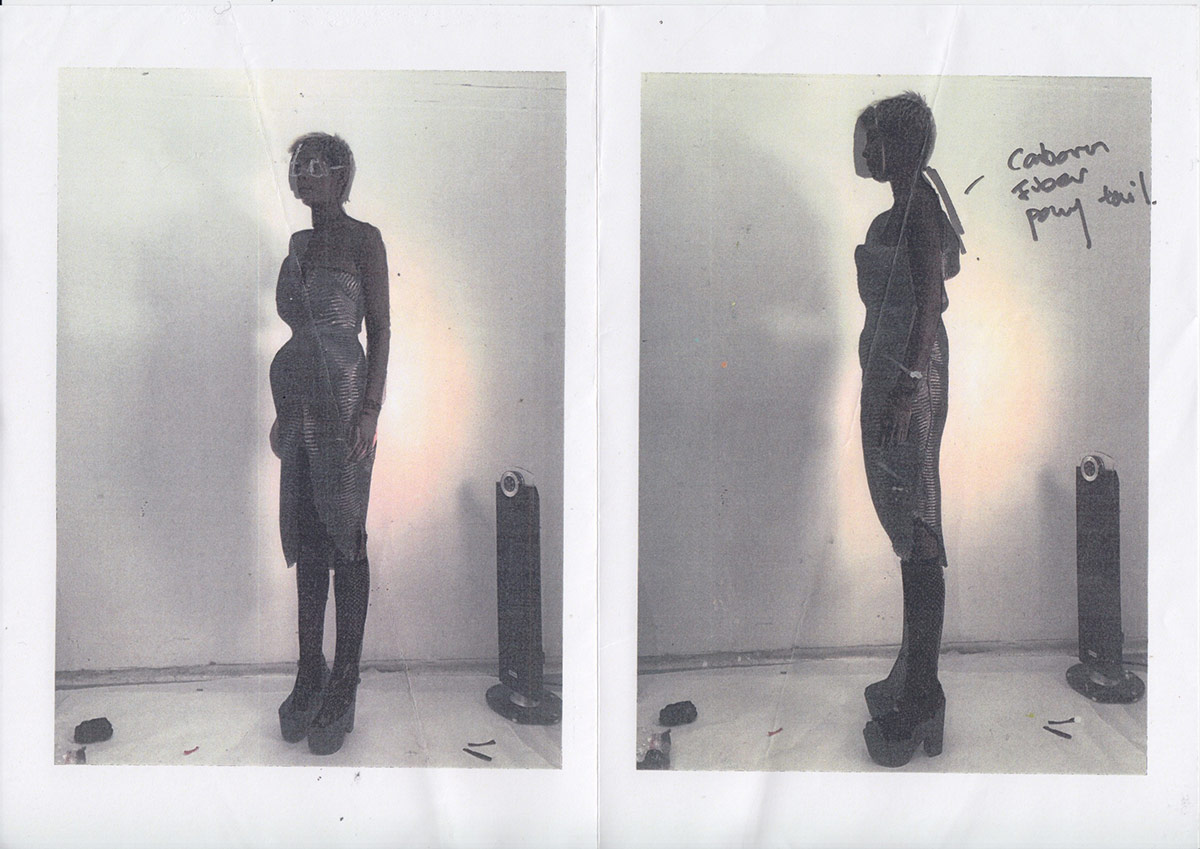
DAN HE: "There is no future if everyone is just producing clothes; there’s more than enough of them already. Despite the amount of fashion graduates ever year, the collections from fashion houses and designers every season are going at a ridiculously high pace. Do we really need that? Future, how far away? In 30 or 50 years later? I feel Biotechnology would overtake, scientists and engineers would become the fashion designers or maybe in reverse. It would come to a stage where body and garment starts to interact with each other. The garment would be able to adapt to the needs of the body and become self-aware of it surroundings, changing and evolving to suit the need of the wearer."
ELLIE ROUSSEAU: "I would love to see the new generation of designers to develop a means for us to continue our creative output within like-minded collectives. Collaborations and skill exchanges encourage a new form of currency that would remove some financial obstacles that can limit our future."
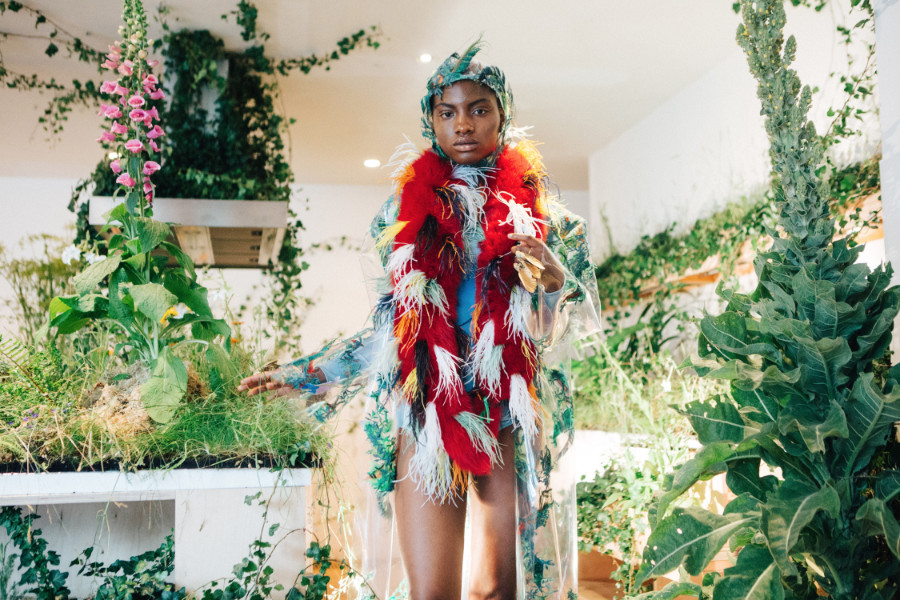
EVERETT WONG: "An inevitable collapse of unsustainable demand for excess will come to a halt within all states of consciousness. Within my lifetime, there will most likely be a revert back to a system where creativity will flourish only within regional restrictions - where value and ingenuity will come back to the hand, resources have to be used from what exists and the cognisant appreciation of the well-made may become a widespread concept again."
FABIAN KIS-JUHASZ: "Hopefully slower and more appreciative of the people that work in the industry, from designers to garment technicians. Fashion itself is becoming more fluid but I hope that we will reach a point where we can disconnect ourselves from pre-constructed identities and fully explore what our cultures have to offer."
GEORGIA COXON: "Taking influence from my background in bespoke shoemaking – observing the inter - action between customer and maker; there is a focus on quality over quantity. Within this world, there is a deeper engagement with the process of make, material and longevity. This is at the core of how I produce my work and I believe we need to make room for it for the future of fashion. I aim to open up a kind of artisanal engagement with the materiality of our products. I believe there is more room for products that have longevity. I want to make shoes that mould to you over time, garments that begin to echo you, which in turn gives the wearer a comfort, familiarity and individual connection."
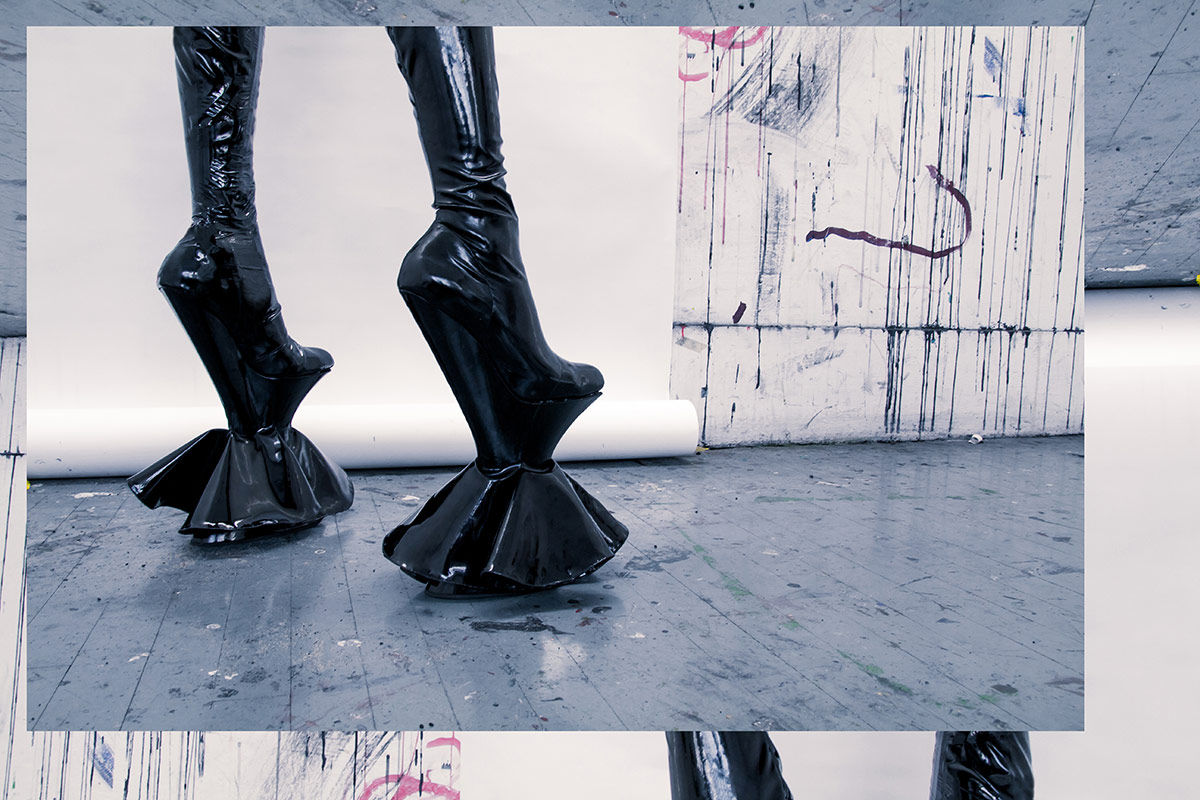
KIRA GOODEY: "We are on the brink of a paradigm shift in terms of the way fashion is designed, manufactured and sold – one that will usurp the ready-to-wear mass produced culture currently in place. This movement will be much more grassroots and empowering to smaller manufacturers. I believe the collision of technology and a resurgence of craft – a desire for personalised items and the human touch – will lead to new manufacturing systems based around networked cottage industries."
MATTHEW DUFFY: "I see the future of fashion as one where the power is put back into the clothes - where the clothes are made with craftsmanship, skill and love. I want the industry to create clothes with life, that last for decades, and are loved by the wearer as much or more than the designer. I envision an economy where these clothes are given to and upcycled by charity shops to be loved again by those who can’t afford to buy them new, but have a deep desire to express their identity through beautiful garments."
PER HANSSON: "Models on jet hover-boards geared up in neoprene cowboy boots. Fun!"
RHIANNON WAKEFIELD: "I would love to see the industry slow down and focus more on creating well-considered, beautifully crafted garments. That’s more valuable than concentrating on volume. I am also excited by the prospect of a more collaborative approach to design. A collaboration of ideas from science and technology, as well as from the arts, means that there are no limits to what we can create and how we can engage people."
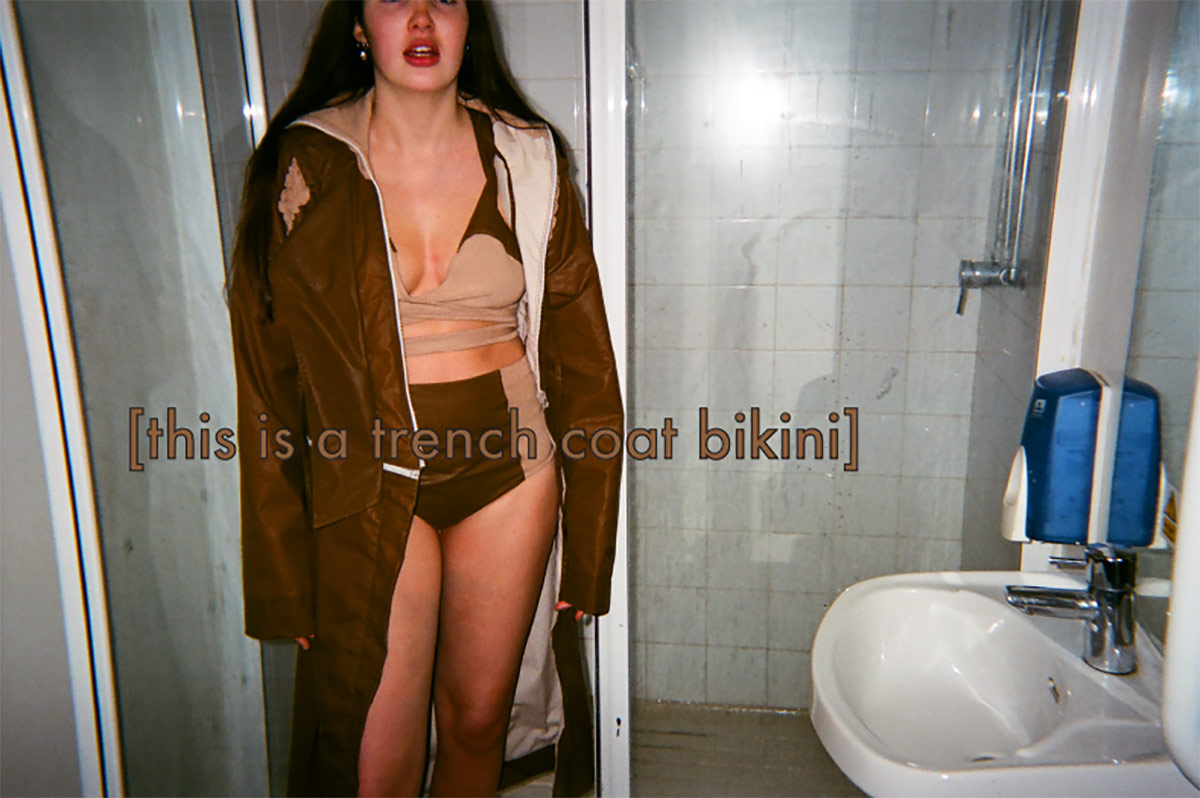
ROSE DANFORD-PHILLIPS: "The future of fashion is a pulsating ecosystem where fashion, art and identity meet; where there is no centralised aesthetic, but a complex and extremely varied mixture of creativity, methods and ideologies; where collaboration, community and curiosity are the central pillars for growth."
SHASHA WONG: "Technological developments will surely change most of things surrounding us, but one thing the AI or future technology cannot learn and intimate is the artists’ brain and ideas. The future of fashion will look ‘future’ or ‘hi-tech’, but the ‘future’ would only be built by designers from now."
TIANTIAN DENG: "Future fashion will become more diverse, accommodating more forms and possibilities and will integrate more of the latest technology, which change our way of design, sales and display."
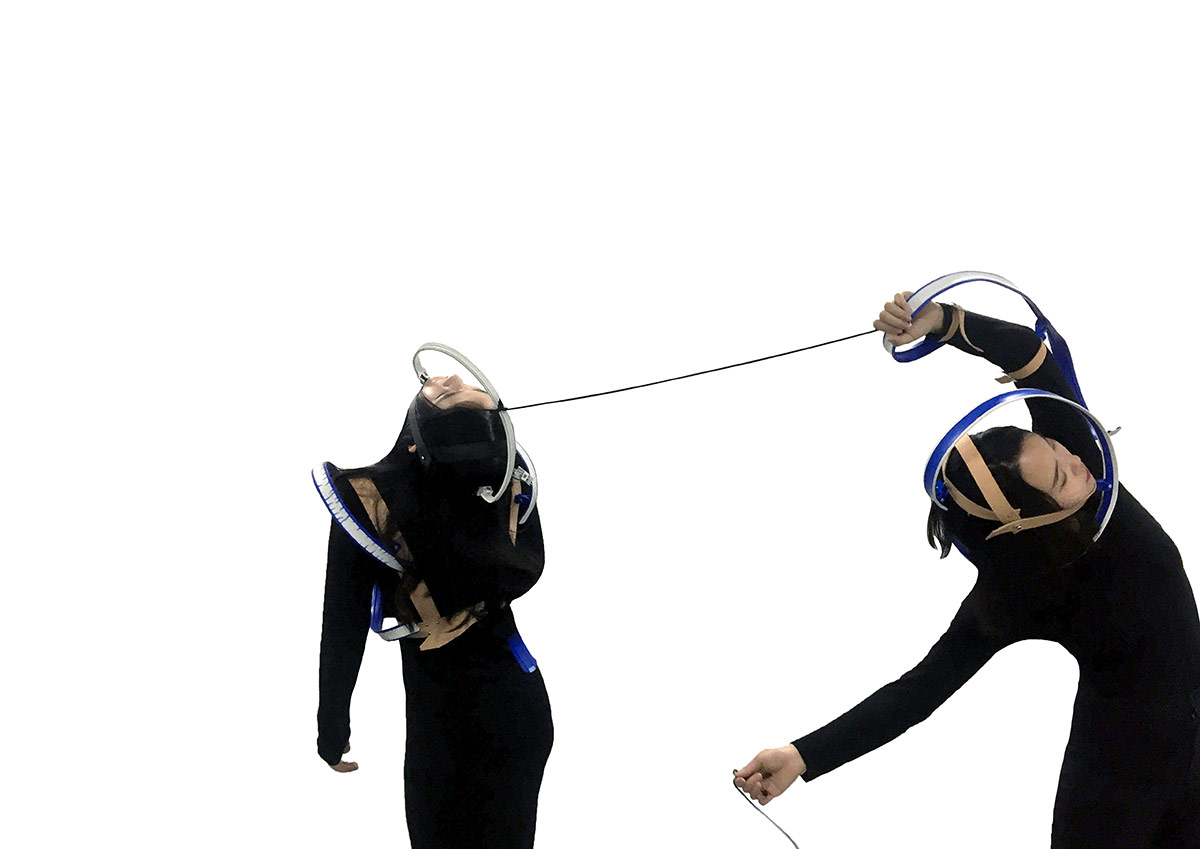
VERITY GERMER: "A less segregated and more consumer involved system with focus on innovation to reduce wastage. I believe the huge rise in collaborations across varied market levels will encourage a more exciting and varied view of what the industry can look like with knitwear being a huge driver for a more reactive and less wasteful industry. The increased investment in low cost machinery, particularly in knitwear, will allow smaller business to manufacture effectively and afford creatives a platform to develop more innovative and experimental processes to drive change. The ability to reduce waste so effectively and streamline processes with integral, fully-fashioned knitwear will be the catalyst for improvement in this area."
YIN-HSIN CHANG: "Fashion has become a way of communicating our personalities. The clothing we choose connects with both our emotions and the people we meet. In the future, I believe that fashion designers should design not just for the masses but also for individuals. Fashion will become more tailored to an individuals psychological needs and desires."
